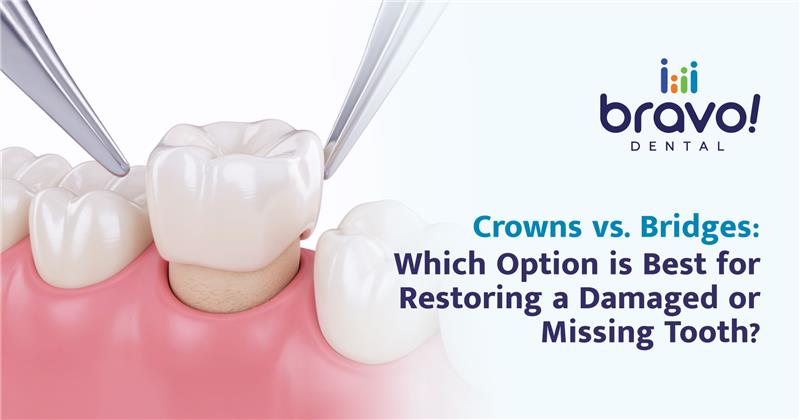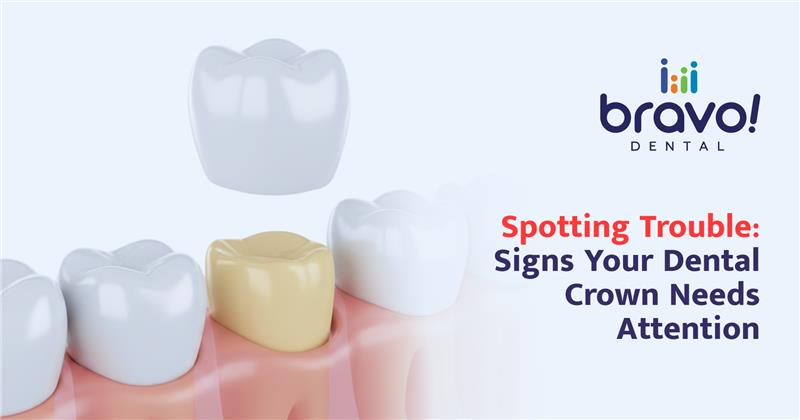
A toddler fast asleep, thumb in mouth, looking completely peaceful. We’ve all seen it somewhere. For many parents, it’s an adorable sight. And in the early years, thumb sucking is normal and usually harmless. Babies are born with a natural sucking reflex and it helps them feel secure.
But here’s the thing: if the habit sticks around too long, it can start to affect how teeth and jaws grow. And sometimes, it’s the reason kids end up needing braces later.
When Does Thumb Sucking Become a Problem?
Most kids naturally stop sucking their thumb between ages 2 and 4. If it continues beyond that, especially once the permanent teeth begin to come in, that’s when dental changes can start to show.
We have seen parents bring in their child around 6 or 7 and say, “He still sucks his thumb at night — could that be a problem?” The answer is yes, if the habit is strong or frequent enough.
What Changes Can Happen to the Teeth?
Prolonged thumb sucking puts pressure on the teeth, jaw, and roof of the mouth. Over time, it can cause:
- Protruding front teeth (commonly called “buck teeth”)
- Open bite, where the upper and lower front teeth don’t touch
- Crossbite, which affects how upper and lower teeth fit together
- Changes in jaw growth that may require orthodontic treatment later
These shifts aren’t just cosmetic, but they also make chewing, speaking, and even breathing harder.
How Does This Connect to Braces?
Early habits can set the stage for orthodontic needs. If thumb sucking pushes teeth out of alignment, braces (or clear aligners, depending on age) are often needed to bring everything back into place. In some cases, an orthodontic appliance may be recommended to help stop the habit and guide teeth back on track.
Helping Your Child Break the Habit
Stopping thumb sucking isn’t always easy, especially if it’s your child’s comfort tool. But the earlier you address it, the easier it usually is. A few strategies that help:
- Positive reinforcement – Praise or small rewards when your child avoids sucking their thumb.
- Distraction and comfort – Offer stuffed animals, blankets, or other comfort items instead.
- Gentle reminders – Avoid scolding; calm redirection works better.
- Dental guidance – Sometimes hearing it from the dentist (instead of mom or dad) makes a bigger impact.
When to Check in with the Dentist
If your child is 5 or older and still consistently sucks their thumb, it’s worth bringing up at their next dental visit. We can check for early signs of bite issues and give you tools to help break the habit before permanent teeth fully settle in.
The Bottom Line
Thumb sucking in toddlers? Normal. Thumb sucking in older kids? A habit worth addressing. Because while it may start as something harmless and even cute, long-term thumb sucking can shift teeth, affect jaw growth, and often lead to braces.
At Bravo! Dental, we’re here to support both you and your child with gentle guidance, prevention strategies, and orthodontic care if needed.
Book a visit today and let’s set your child up for a healthy, confident smile.
happy to hear from you, contact us
Fill out the contact form below and Feel free to send any question or query.




